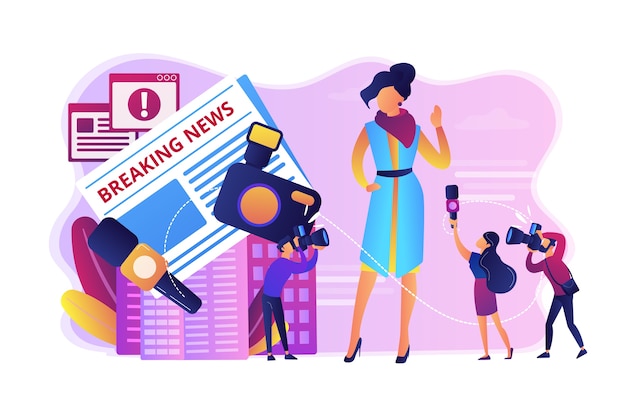
Hey everyone! Today, I’ve got an awesome article from Liz Stapleton. She’s been a licensed attorney since 2012 and a blogger since 2014. Liz has spoken at various conferences, including FinCon, about the importance of legally protecting your blog and business. She runs Less Debt, More Wine, a personal finance site, and ElizabethStapleton.com, where she helps readers make more money while staying legally protected. Enjoy!
When you first start a blog, you’re brimming with ideas and a to-do list a mile long. But let’s be honest, legal stuff probably isn’t at the top of that list. Eventually, though, you realize you need to protect your blog and make sure it complies with the law. If you didn’t go to law school, this can be pretty stressful, especially when you think about the cost of hiring a lawyer.
I’m here to help you understand some common legal mistakes bloggers make and how to fix them, so you can keep your blog legit and your income protected. But first, a quick disclaimer: I’m an attorney, but I’m not your attorney. Nothing in this post creates an attorney-client relationship or serves as legal advice. If you need specific legal help, consult an attorney who specializes in your area.
1. Not Having a Privacy Policy
A privacy policy informs your site’s visitors about what personal information you collect and why. It’s often required by law. GDPR, a regulation from the European Union, made a big impact in 2018 by updating laws to give people more control over their data. If someone in your audience is in the EU, GDPR likely applies to you. In the U.S., various state laws and parts of federal laws also make privacy policies necessary.
Not having a privacy policy can lead to fines or lawsuits. Even if you think you don’t collect personal data, you probably do if you use Google Analytics, allow comments, have a contact form, or an email list.
To create a privacy policy, you can:
– Do a ton of research and write your own
– Buy a template written by an attorney and customize it
– Hire an attorney to write a custom policy
The best option depends on your budget, but buying a template is often a good middle ground.
2. Violating Copyright (Using Images Without Proper Permission)
Graphics are crucial for blogging, but you can’t just grab images from Google. Using someone else’s photos without permission violates copyright laws. This includes regramming on Instagram, using images in roundup posts, and using stock photos without proper licensing.
For stock photos, make sure you understand the license you’re granted. Sites like DepositPhotos offer different licenses for different uses. Free stock photo sites like Pexels or Pixabay also have restrictions, so always check the terms.
3. Not Having or Incorrectly Using Disclosures & Disclaimers
Disclosures and disclaimers are essential for various reasons, including affiliate marketing and professional advice. For affiliate marketing, the FTC requires clear and visible disclosures before any affiliate links. Professional disclaimers clarify that the information provided isn’t official advice. Testimonial and earnings disclaimers explain that results can vary and aren’t guaranteed.
By addressing these common legal issues, you can protect your blog and comply with the law. For more tips and a free checklist of 10 things to include on your site’s legal page, visit ElizabethStapleton.com.
What legal mistakes have you seen bloggers make? What questions do you have?